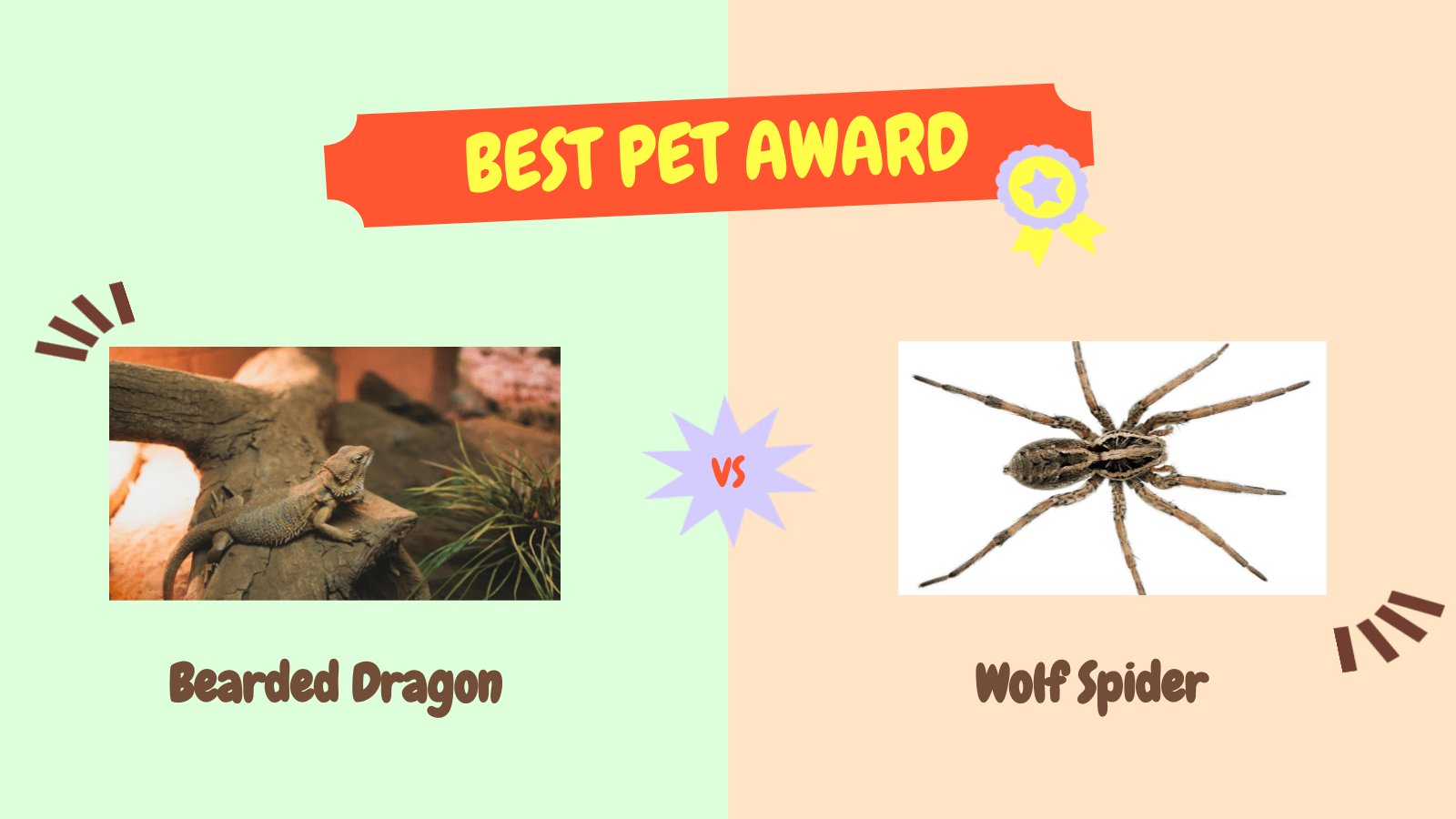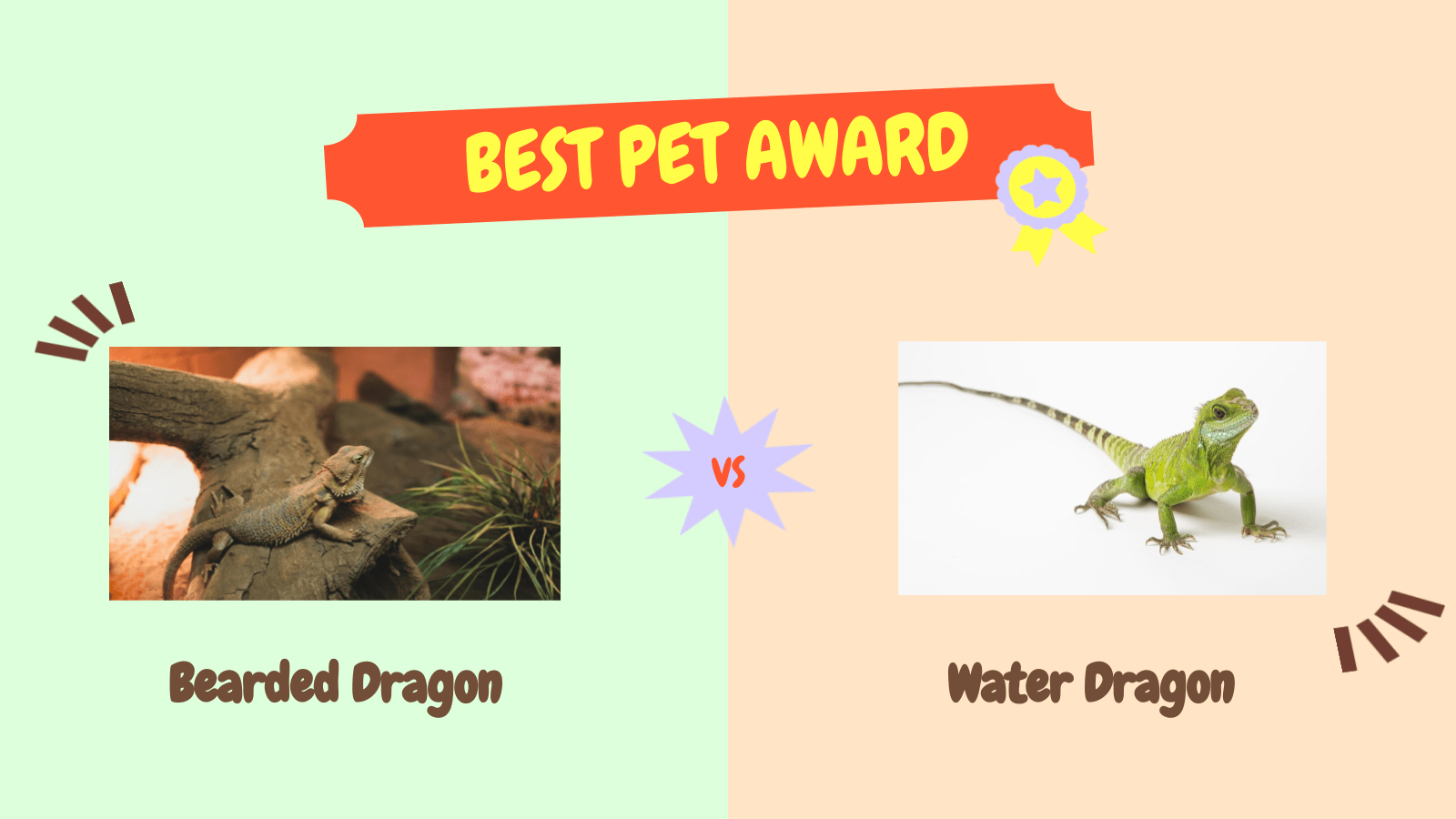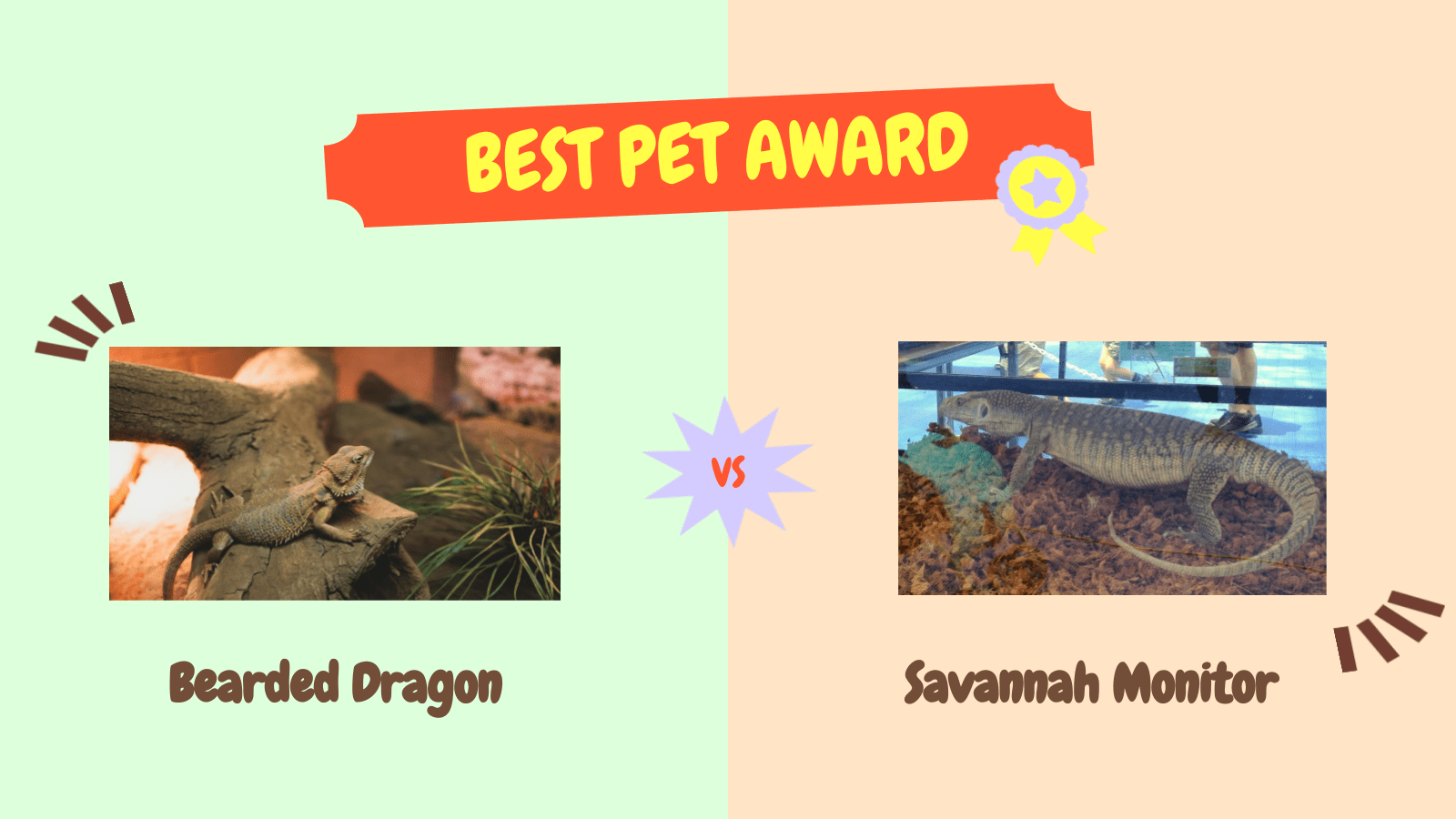Have you ever looked at your bearded dragon and wondered, “Why are its eyes yellow?” It’s a question many of us, as reptile enthusiasts, ponder about.
Yellow eyes in bearded dragons may leave you puzzled. These fascinating creatures have unique physical characteristics that are intriguing.
Do you want to understand the reason behind this peculiar trait? Let’s explore together!
5 Possible Causes for Your Bearded Dragon’s Yellow Eyes
- Age-Related Changes: If your bearded dragon’s eyes are yellow, it may be a natural part of their aging process. Over time, the color of their eyes can change, and yellowing is not uncommon.
- Dietary Factors: The food your bearded dragon eats can influence their eye color. For instance, a diet rich in yellow or orange-colored foods like carrots and squash could cause a yellowish tint in their eyes.
- Lack of Ultraviolet B (UVB) Exposure: Insufficient exposure to UVB light can lead to a yellowing of your bearded dragon’s eyes. UVB light is essential for their overall health and well-being.
- Underlying Health Issues: Yellow eyes could be a symptom of a health issue, such as liver disease or jaundice. It’s important to consult a vet if you notice any drastic changes in your bearded dragon’s eye color.
- Genetic Traits: Sometimes, the yellow eyes could simply be a result of your bearded dragon’s genetics. Some bearded dragons naturally have yellowish eyes, which is perfectly normal.
Solutions for Your Bearded Dragon’s Yellow Eyes
Addressing your bearded dragon’s yellow eyes may entail a multi-step approach, depending on the underlying cause. Always consult a veterinarian first to rule out serious issues such as liver disease.
If the issue is due to diet, it’s time to reassess what you’re feeding your pet. Provide a balanced mix of leafy greens, vegetables, fruits, and occasional insects, ensuring a diet rich in vitamin A and calcium.
Should the problem be dehydration, increase your dragon’s water intake. Make fresh water available daily and add a few water-rich foods to their diet.
Handle your bearded dragon gently if stress is a factor, also ensure its habitat is quiet, spacious, and properly lighted.
For issues related to shedding or aging, there’s no specific treatment. Maintain a caring, nurturing environment, and let nature take its course.
Remember, professional advice from a reptile vet is always the best way forward.
To further extend your knowledge about bearded dragons, here are a few more to explore:
- Why Does My Bearded Dragon Bob His Head While Sleeping?
- Why Is My Bearded Dragon Pressing Against the Glass?
- Why Does My Bearded Dragon’s Head Shake?
Each post offers in-depth insights, giving you all the details you need to take good care of your beardie.
Remember to research and prepare for your pet’s specific needs, and you’ll have a happy and healthy companion for years to come.
Happy pet-keeping!


